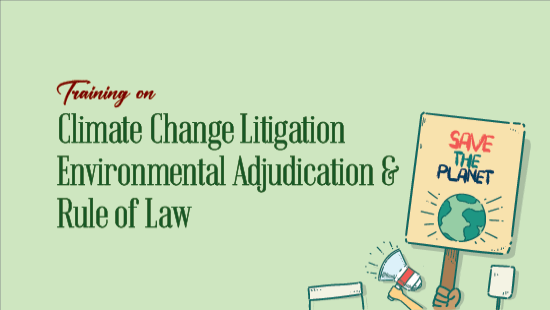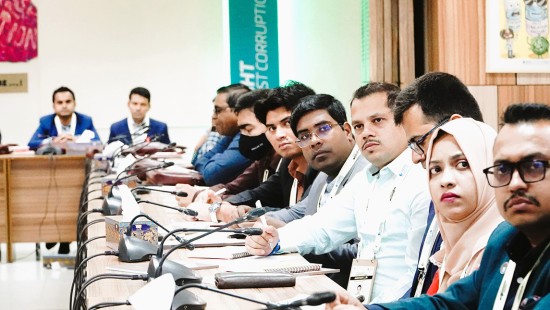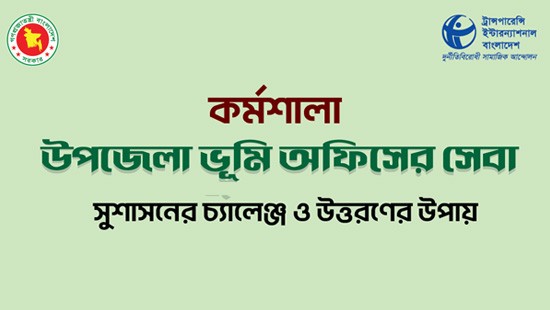Published: 04 May 2025
"After the fall of the authoritarian regime, my office was vandalized. I received threats, and a smear campaign targeted my family. My wife and daughters no longer feel safe going outside," shared Saifullah Kamrul, a local TV journalist from Noakhali, revealing the harsh reality many journalists face in their daily lives.
His candid testimony came during an open forum following a panel discussion on World Press Freedom Day, held on 4 May 2025 where local journalists, students, academicians, and press freedom activists gathered to speak about their challenges. The event, titled "Brave New Bangladesh: Reform Roadmap for Press Freedom," offered a platform for voices often left unheard in discussions about media freedom.
The struggles of grassroots journalists took center stage as Akhtar Faruk Shaheen from Barishal highlighted their vulnerability. Many operate with minimal wages and no job security, facing constant threats from local power brokers. "One can be fired overnight without explanation," Shaheen noted, emphasizing how these critical issues remain largely ignored. Despite persistent challenges, Bangladesh has shown improvement in press freedom rankings, climbing 16 spots to 149th out of 180 countries in the 2025 World Press Freedom Index—ahead of several regional neighbors including India, Bhutan, and Pakistan. Yet recent incidents, such as the dismissal of a private TV journalist for asking what was deemed a "provocative question," signal the fragility of this progress.
Throughout the discussion, speakers emphasized the need for systemic reforms: a Journalist Protection Act, a Media Commission, and a National Broadcasting Authority. They stressed the importance of greater representation of women in newsrooms and stronger financial and legal protection for journalists.
"The media's responsibility is to pursue independent and impartial journalism in the public interest," Dr. Iftekharuzzaman stated, responding to remarks about accountability standards. He welcomed the government's commitment to reform but criticized the continued secrecy in drafting laws—"unacceptable in a new Bangladesh," as he put it.
Addressing what he called "the elephant in the room," Dr. Iftekharuzzaman highlighted the longstanding role of intelligence agencies in surveilling and limiting media freedom, a practice that persists despite the recent regime change. He urged vigilance against both state and non-state tactics of intimidation, referencing a recent "cow slaughter" incident as an example of threats used to silence media voices.
Speaking at the event, Information Adviser Md. Mahfuj Alam emphasized that accountability must apply to both media and policymakers. "We do not want to silence the media," he said, "but questions must be examined to see if they seek accountability or serve political motives."
The discussion concluded with a collective call for transformative action to ensure journalists can fulfill their essential role without fear of reprisal. As Bangladesh continues its democratic transition, the protection of journalists' financial security and physical safety remains paramount for establishing genuine press freedom.
The panel discussion was jointly organized by UNESCO Dhaka Office, the Embassy of Sweden in Dhaka, and Transparency International Bangladesh (TIB). The event featured distinguished speakers including Kamal Ahmed who delivered the keynote, Dr. Susan Vize from UNESCO, H.E. Nicolas Weeks from the Swedish Embassy, Rezwanul Haque Raza, Sheikh Sabiha Alam, and A.K. Azad, with Dr. Iftekharuzzaman moderating the session.
















